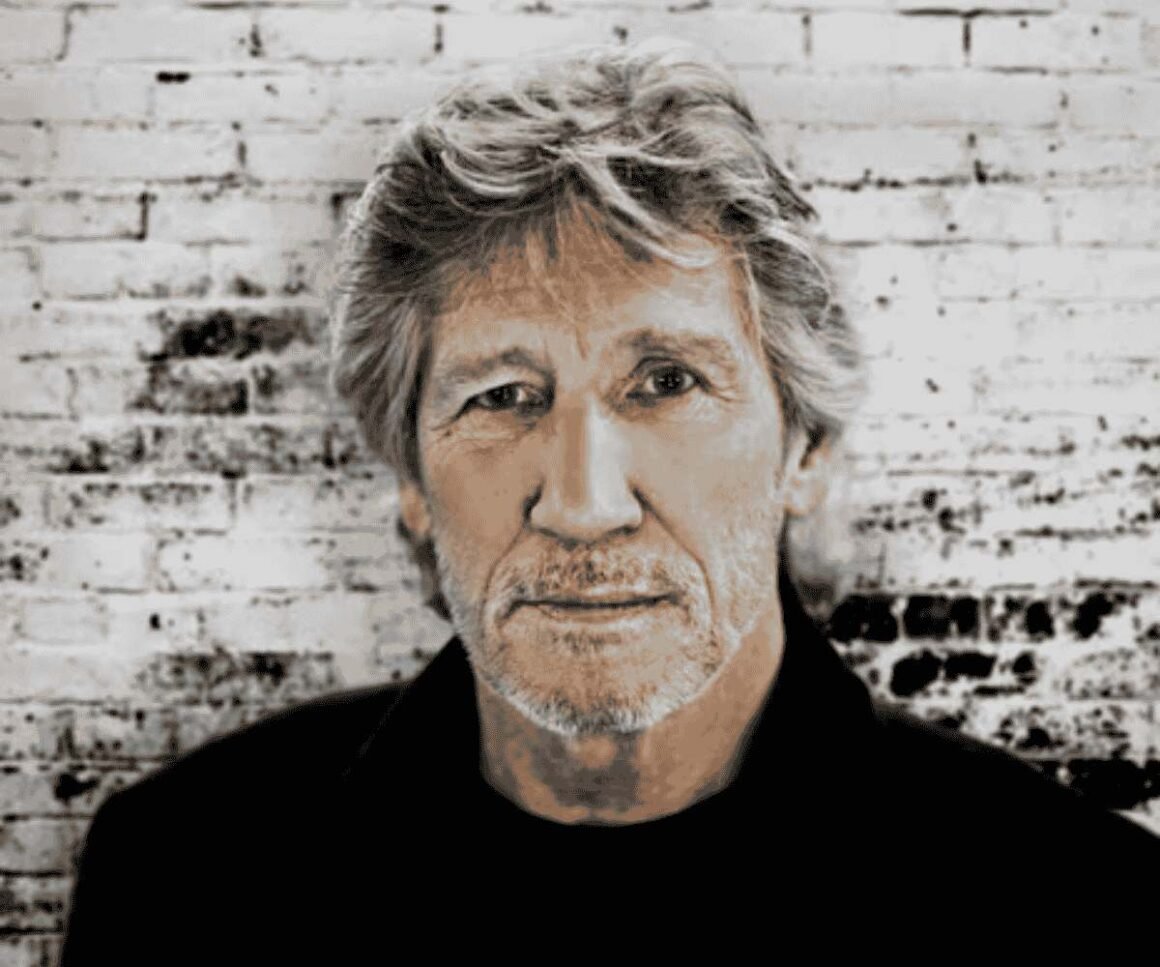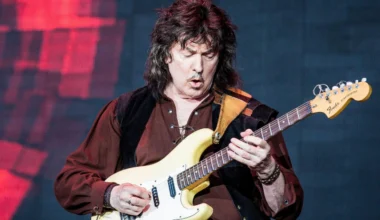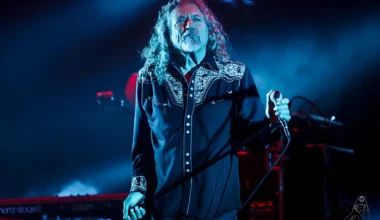The touring life isn’t for everyone. Playing music is one thing, but when the band’s manager tells you that you’ll be on the road for a year and a half without a break, it can wear down even the most dedicated artist.
Roger Waters, Pink Floyd’s visionary frontman, felt the weight of this grueling schedule long before he left the band. But during the shows promoting his solo album Amused to Death, Waters struggled with something deeper—feeling like he wasn’t connecting with his audience in the way he wanted.
Waters, The Showman
If there’s one thing Waters understood better than anyone, it was the power of spectacle. Pink Floyd’s music alone, as complex and innovative as it was, might have been lost without the grand visuals that became their signature.
The flying pig during the Animals tour or the sprawling, immersive The Wall performances kept audiences mesmerized while the band jammed for hours.
When Waters left Pink Floyd to pursue a solo career, however, the shift wasn’t as smooth as he had hoped. His first solo album, The Pros and Cons of Hitchhiking, didn’t ignite the same fire as The Wall or Dark Side of the Moon.
Waters was back to square one, relying on massive shows like his staging of The Wall in Berlin to keep fans interested. Still, he tried to bring elements of his solo material, like Radio KAOS, into the mix.
A Hard Sell
It’s not hard to see why The Pros and Cons of Hitchhiking fell short of Pink Floyd’s earlier masterpieces. For one, it was a project originally rejected by the band—so what made Waters think it would now be more palatable as a solo venture? While there are hints of the classic Pink Floyd sound sprinkled throughout, the execution was often lacking.
Cheesy moments, like the backup singers on the title track, detracted from the gravity of his vision. And while Pink, the tortured protagonist of The Wall, came off as a tragic figure, the character in Pros and Cons, a rock outlaw torn between fame and a failing marriage, just seemed sleazy by comparison.
Though Waters poured his heart into his solo work, the response wasn’t what he expected.
Reflecting on the Pros and Cons tour, Waters admitted: “I confess, particularly with the Pros and Cons tour, it was a big surprise to me… I expected more people than did to know who I was and what I’d done. But they didn’t. And they still don’t.”
It was a harsh realization that even as one of rock’s most iconic figures, he was starting from scratch in many ways.
Picking Up the Pieces
Waters wasn’t down for long. After staging The Wall at Berlin’s Brandenburg Gate in 1990, he found his groove again with Amused to Death. The album, arguably his best since leaving Pink Floyd, benefited from Jeff Beck’s stunning guitar work—a worthy replacement for David Gilmour’s soaring solos.
But despite its critical acclaim, it didn’t bring Waters the level of mainstream recognition he once had with Floyd.
Ironically, it was The Wall that ultimately brought Waters back to the stadiums. The same album that chronicled the alienation and isolation of a rock star trapped in his own fame was now the key to filling arenas once more. Much like the character Pink in his rock opera, Waters seemed doomed to revisit the same songs to draw in the crowds.
Though Waters may be resigned to this fate, his enduring legacy proves that, like the wall he once built, his impact on music is impossible to ignore.







